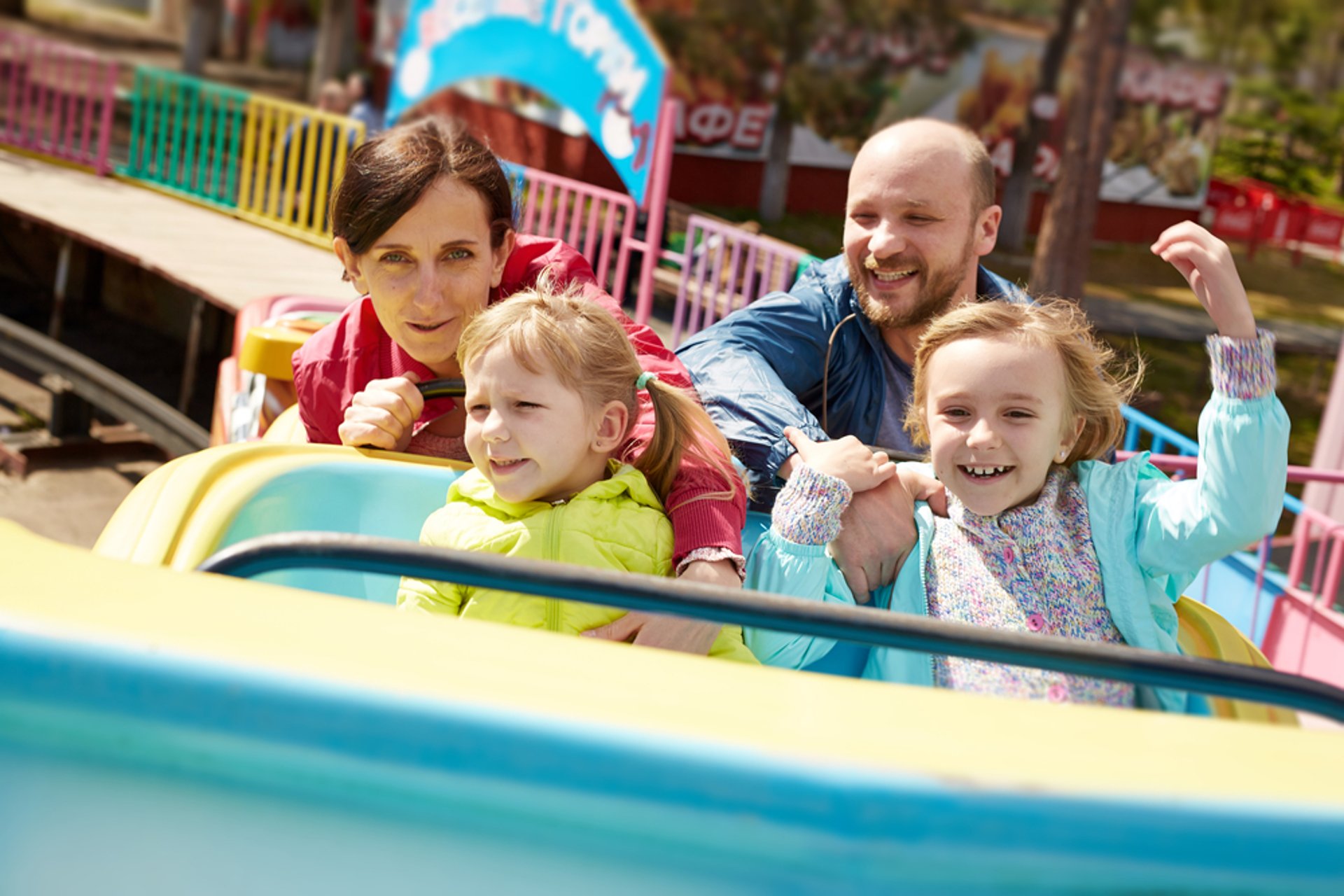
May marks the start of the most dangerous season at amusement parks, according to the first study to analyze national rates of pediatric injuries on amusement rides.
Each day between May and September more than 20 children, age 18 and under, are treated at hospital emergency departments for amusement ride incidents, according to the report by researchers affiliated with Nationwide Children’s Hospital. The researchers analyzed injury data from 1990 to 2010 incurred at amusement parks, rides at fairs and festivals, and rides at local shopping malls, stores, restaurants and arcades. They found the most common injuries were as follows — head and neck (28 percent), arms (24 percent), face (18 percent) and legs (17 percent).
Of course, there are other safety concerns at amusement parks, fairs and arcades, too, including all types of “stranger danger,” especially when kids get separated from their parents and other adults.
You can happily enjoy amusement parks as long as you and your kids follow safety guidelines from police, security experts, parents and others. Here are 12 of the best:
1. Take photos of your kids before you arrive

You’ll be glad you have a photo showing exactly how your child looks — clothing, hairstyle, and accessories — in the harrowing event you become separated, advises Today.com. When you get to the park, point out landmarks to the kids so they know where to meet you if you become separated. Some parents warn kids to stay where they are if they realize they are lost, and allow their parent to find them. Remind kids never to exit the park without you.
2. Require your kids to learn your cellphone number

Any child age 4 or older should be able to memorize a phone number just as they do a nursery rhyme, says Today.com. Periodically ask your kids to repeat the number to you.
3. Teach your kids to identify employees

Some parents routinely play a game with kids called “Who works here?” notes Today.com. Teach your kids to identify security guards and other responsible employees based on their uniforms, name tags and obvious outerwear.
4. Tell kids to look for other moms with kids

A Williamsburg, Virginia, mother tells her kids to look for other families whom they could ask for help if they become lost, reports Frommer’s. “It seems far easier and safer for small children to identify a mom in action and steer away from guessing who else could be helpful,” writes the parent identified as Kristin. “There are not too many moms who would be unwilling to help a lost child!”
5. Use more discretion than recommended
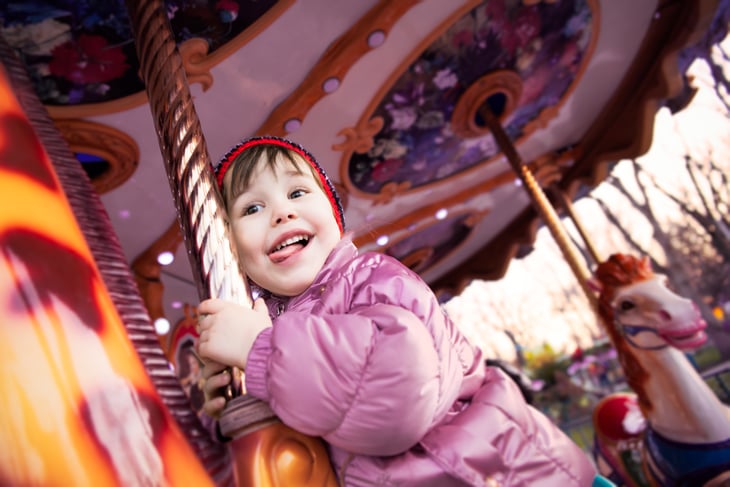
Workers post height limits and other safety warnings to disqualify children who are too young or weak to endure rides, notes EHS (Environmental Health and Safety) Today. However, if your child is slender, taller than average or has weak muscles, the site advises, consider skipping the ride. There’s always next year.
6. Respect ride operators’ instructions
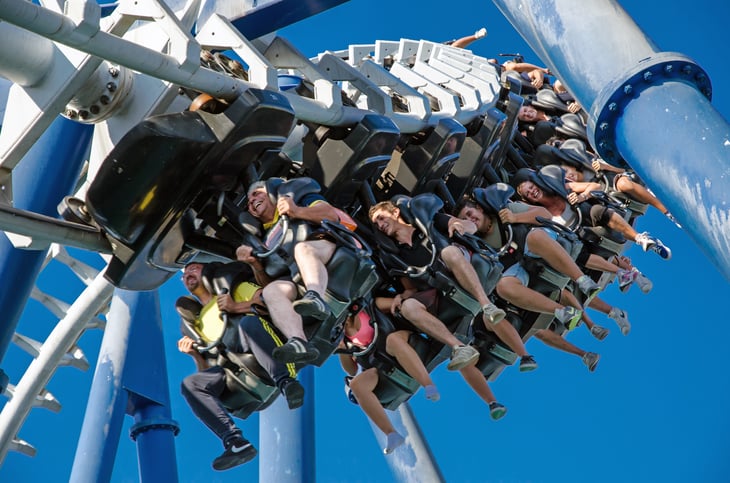
If an operator disqualifies your child from the ride, go peacefully, recommends EHS Today. Operators know about safety concerns of which you’re unaware. Also, don’t allow your kids to insist they be allowed to go on a ride. Many children are injured each year because they are on rides that are too fast or violent for them. And children also are injured because they become scared on rides and try to get off while they’re in motion.
7. Rest between high-speed rides

Many amusement park aficionados think the faster and higher the ride, the better. But the gravitational forces can wreak havoc on both young and mature bodies, especially the back and joints, according to Parents. Allow your body to “adjust and equilibrate” for about 10 to 15 minutes before jumping on another high-speed ride, advises Dr. Ryan Coates, a pediatric neurologist at Loyola University Health System, Chicago.
8. Insist kids slowly get on and off rides
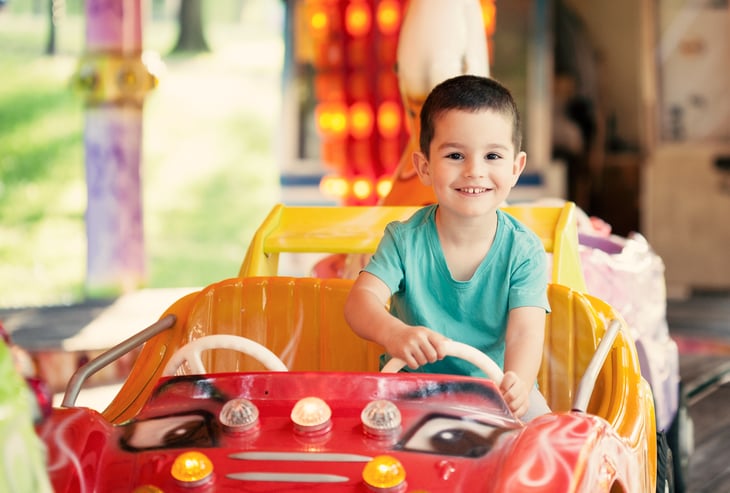
All the crowds, heat and activity at sites with amusement rides fill most people with Adrenalin when they’re at amusement parks. That seemingly boundless energy may be one reason why 1 in 8 amusement park accidents occur when people get on or off rides, according to a report by The Los Angeles Times. Require your kids to slow down.
9. Think twice before jumping on inflatable attractions
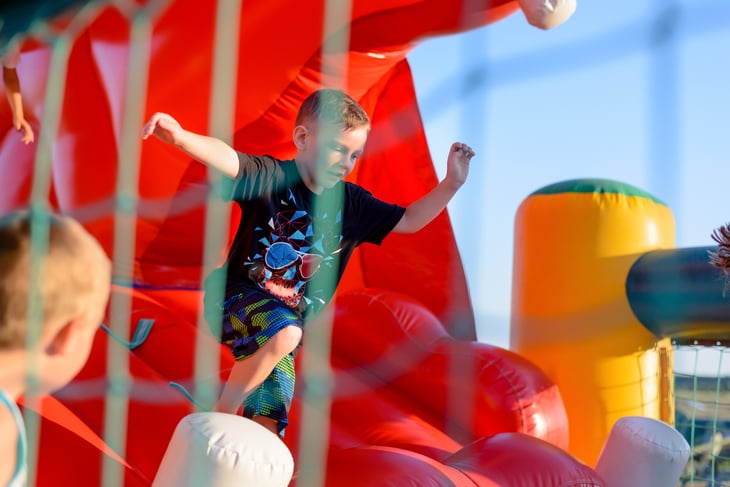
Kids and adults suffer sprains, fractures and even fatalities on bounce-house-style amusement attractions that aren’t properly positioned, inflated or supervised, notes EHS Today. If your children go on one, supervise them closely.
10. Don’t let kids display their names
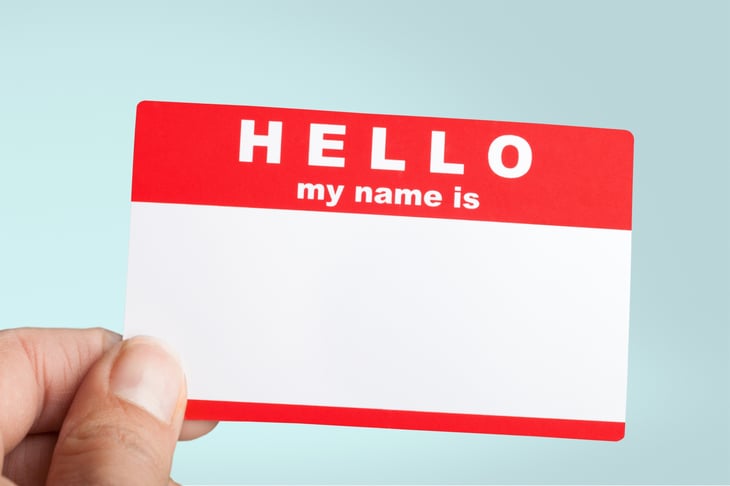
Some kids wear T-shirts, buttons and other items with their names displayed. Don’t allow them to wear them at amusement parks, fairs or similar destinations. That makes it too easy for strangers to use a child’s name to convince kids they can trust them, advises MommyNearest.
11. Monitor your health

Motion sickness, fainting, nausea and dizziness accounted for 18 percent of the illnesses at amusement parks according to data analyzed by The Los Angeles Times. Monitor your kids — and adults, too — for signs of such illness.
12. Watch the water
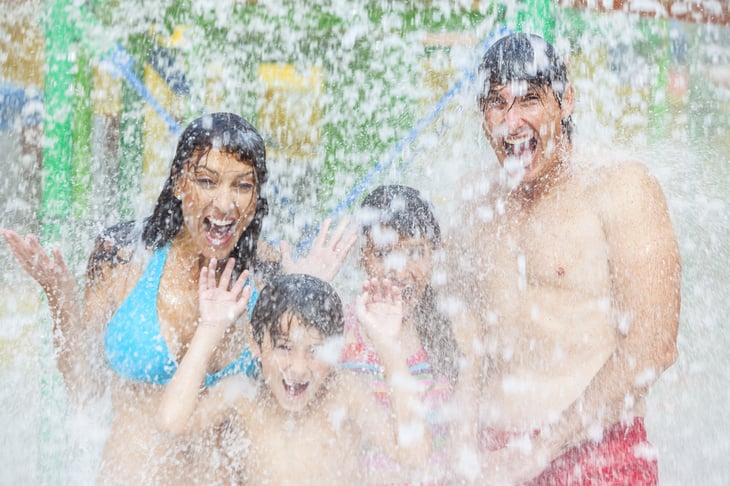
Water parks can be dangerous, especially for kids who aren’t strong swimmers, notes Parents. Many parks lend life jackets for free. In addition, make sure you and the kids use sunscreen and reapply it after you leave the water.
There’s no reason to avoid amusement parks during the summer if you take a few precautions to make sure you and your family stay safe.
What’s your experience visiting amusement parks? Do you think they are safe? Share your thoughts in comments below or on our Facebook page.




Add a Comment
Our Policy: We welcome relevant and respectful comments in order to foster healthy and informative discussions. All other comments may be removed. Comments with links are automatically held for moderation.